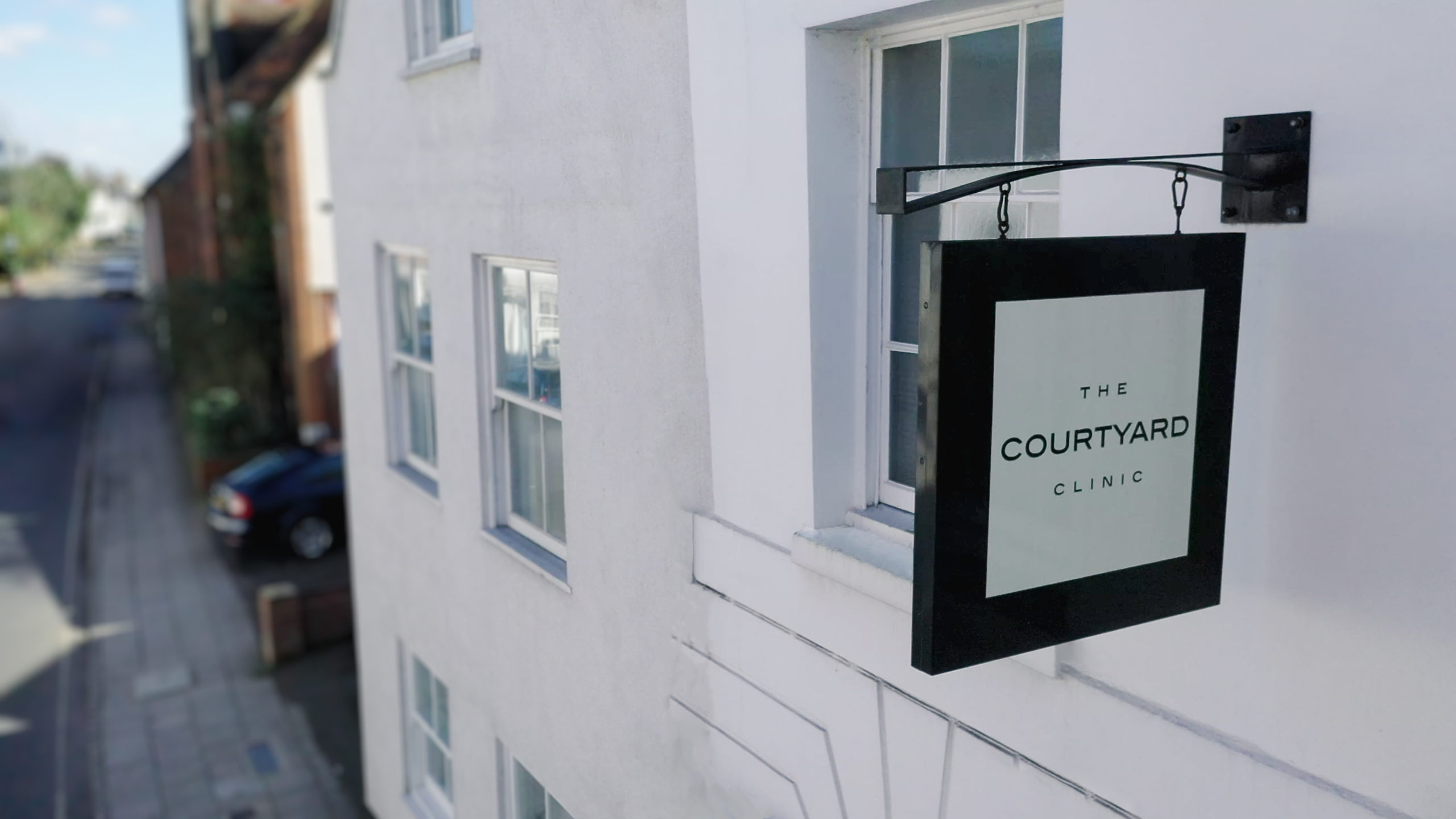Dentures are removable appliances that replace missing teeth. The denture is usually put in the mouth in the morning and taken out before bedtime.
Partial denture: a denture that replaces a few missing teeth and anchors with a tight fit to the existing teeth.
Full denture: a denture that replaces all the teeth in one jaw.
Why dentures?
- When a bridge cannot be used because the supporting teeth are not fit to carry it. For example when the teeth are loose due to gum disease.
- When implant treatment is not an option because of the quality and quantity of the jawbone. Or, if the patient’s health does not allow undergoing the surgical procedure.
- To temporarily replace a tooth/teeth straight after an extraction to allow time for healing before bridge or implant treatment.
- When cost is an issue. Dentures are usually a cheaper option compared to bridges and implants.
Dentures are made of acrylic (plastic) or acrylic and special metal alloys.
Tips and advice
- Visit your dentist regularly even if you have a full denture. Your dentist will be able to detect any oral tissue disorders or any tumours that may grow unnoticed.
- Reline your denture if you notice that it is becoming loose. This is very common if patients lose weight or if the denture has been used for several years.
- Take out the denture before bedtime to prevent fungal infections from developing under the denture.
- If you have low bone level and your denture is wobbling, use fixatives. These are sold over the counter at the chemist’s.
- Modern techniques can now combine dentures and implants, with this technique loose, unstable dentures can be stabilised with as little as two implants.
- New dentures can affect the speech and the pronunciation of certain letters. Practise talking in front of a mirror before meeting with people. The tongue and the lips will adjust to the new situation.
- Clean your dentures regularly with a soft brush and small amount of toothpaste. Make sure you do not scratch the surface when brushing. This can make the denture discolour easily. Clean even the gums and the tongue. Make sure the denture is kept moist when not in the mouth.
- Clean your denture above a sink or a bowl filled with water in case you drop it.
- Keep your old dentures as spares even if you are getting new ones.
- New dentures can feel uncomfortable and strange. Try to use them all the time for the first few days. The more you have them in, the quicker you get used to them.


